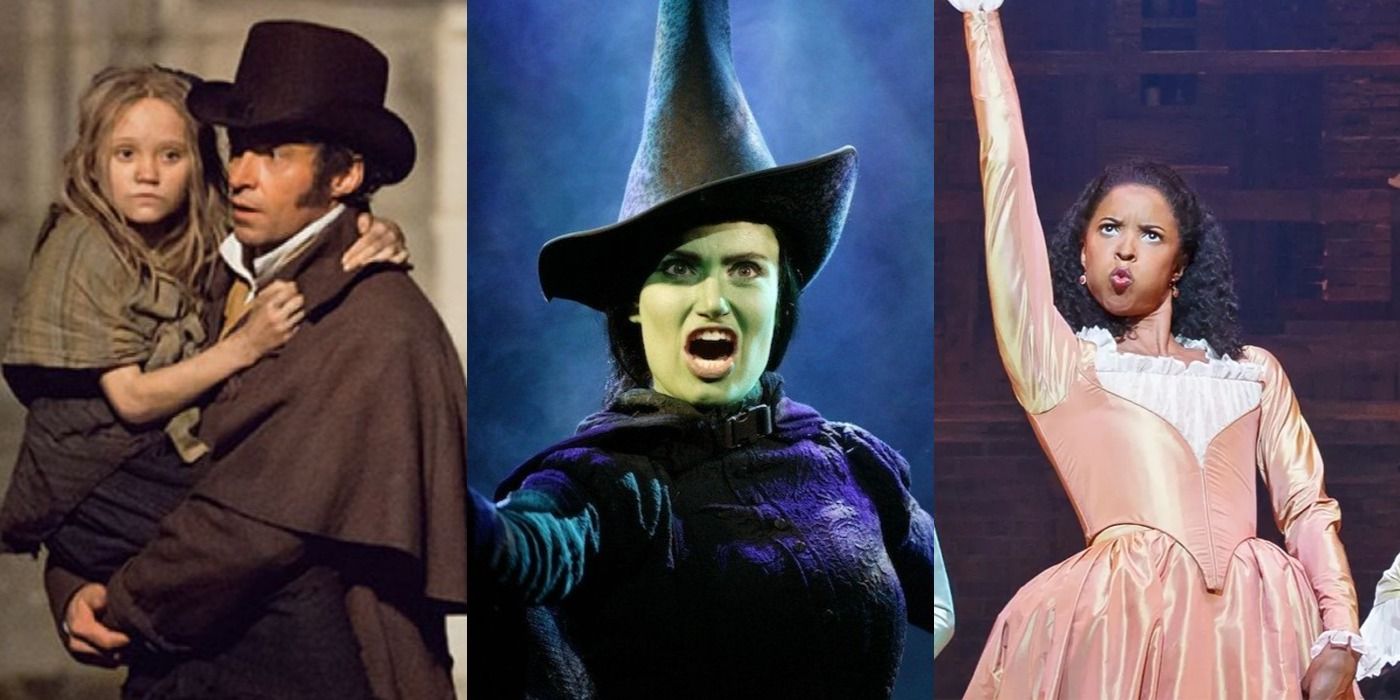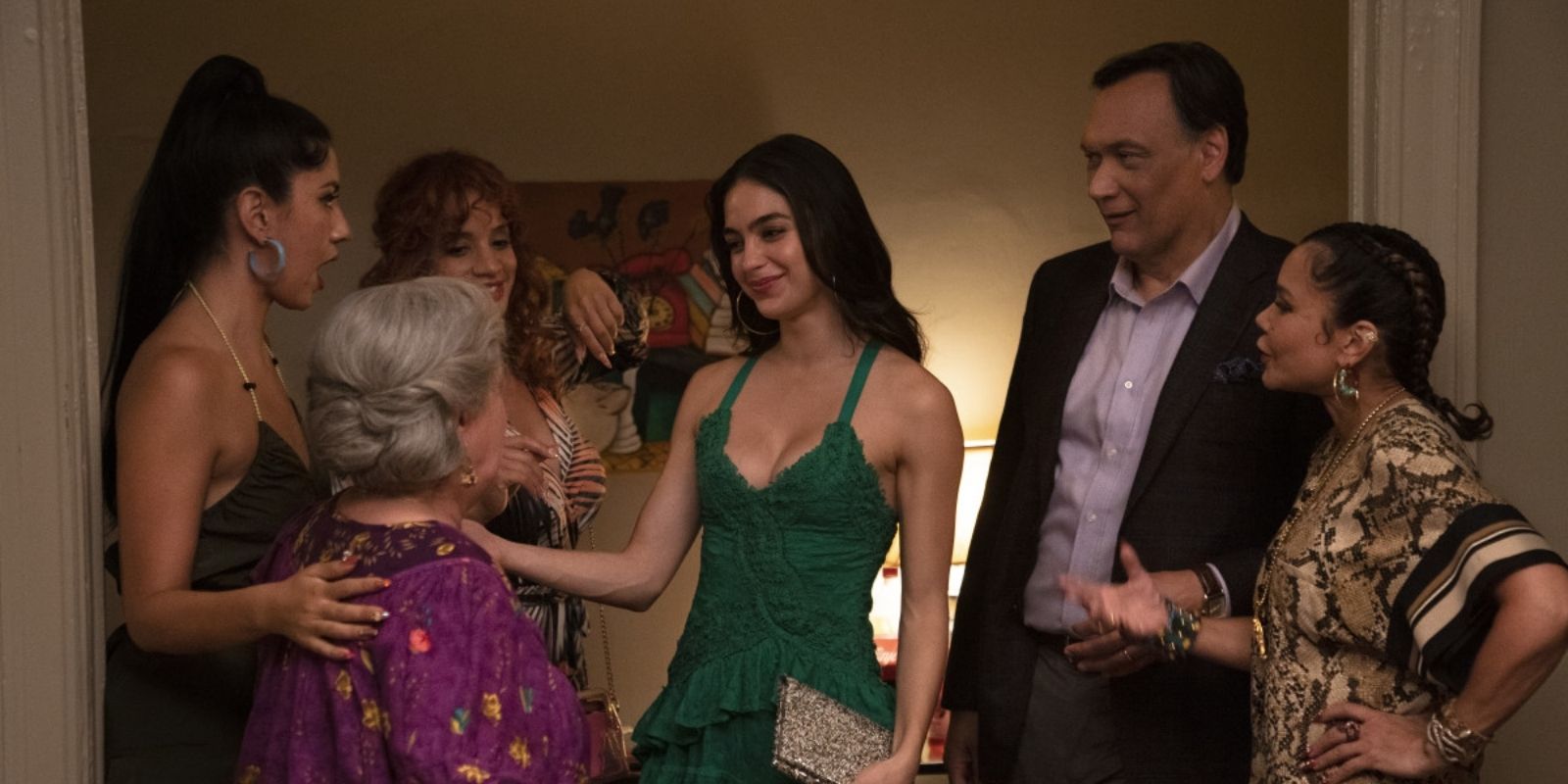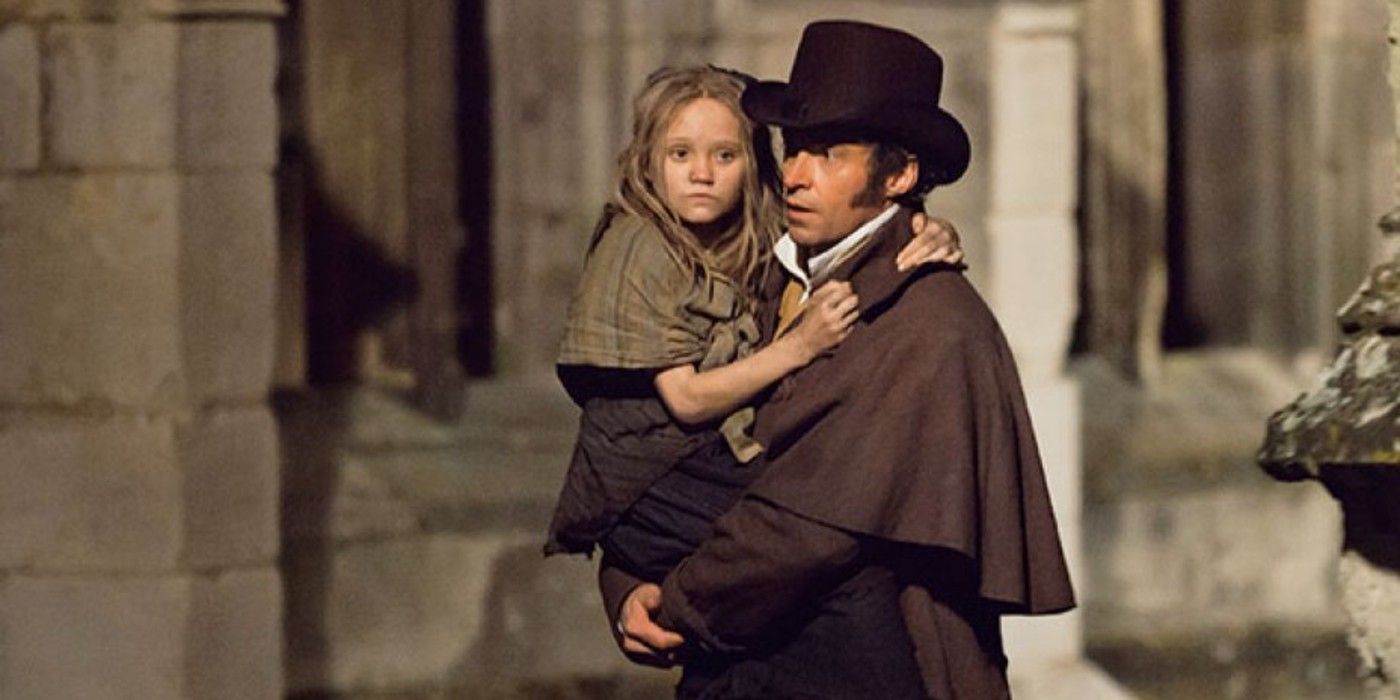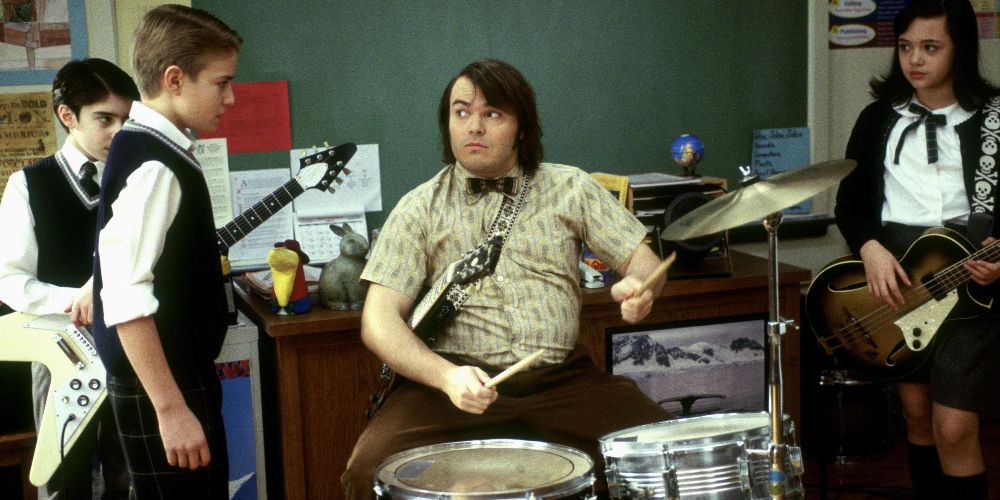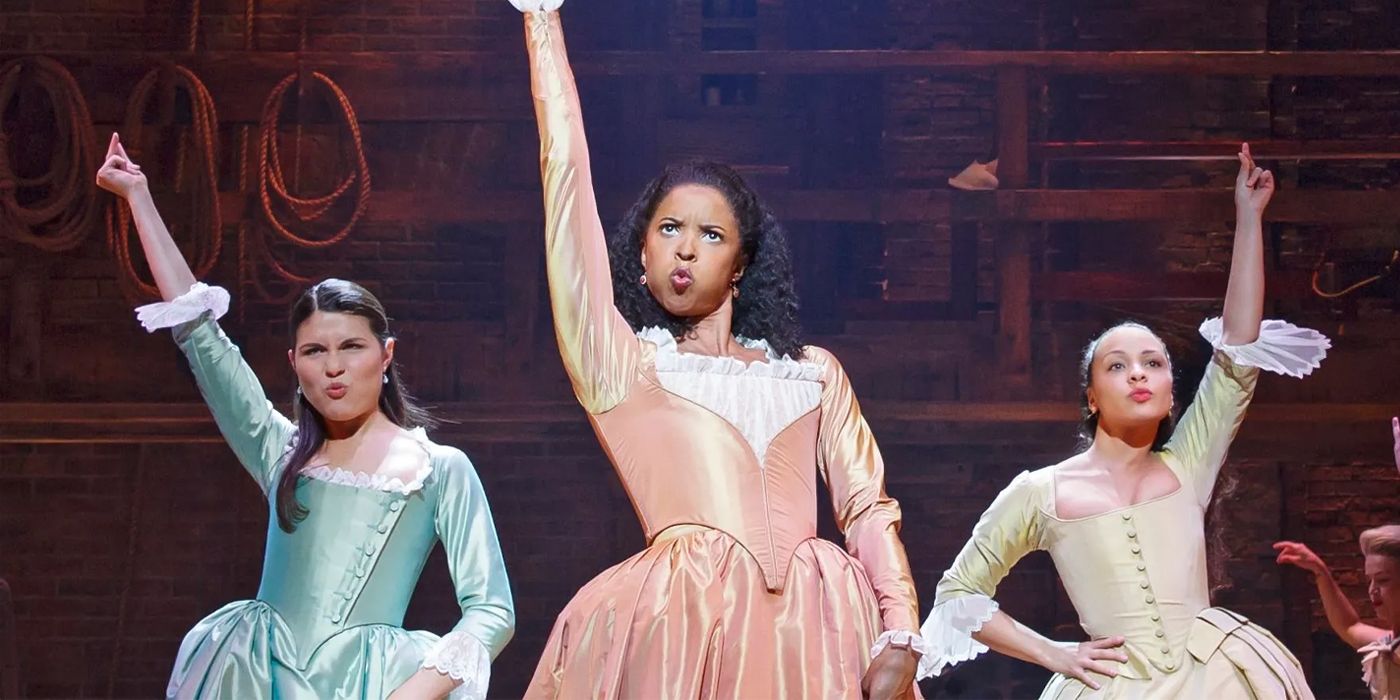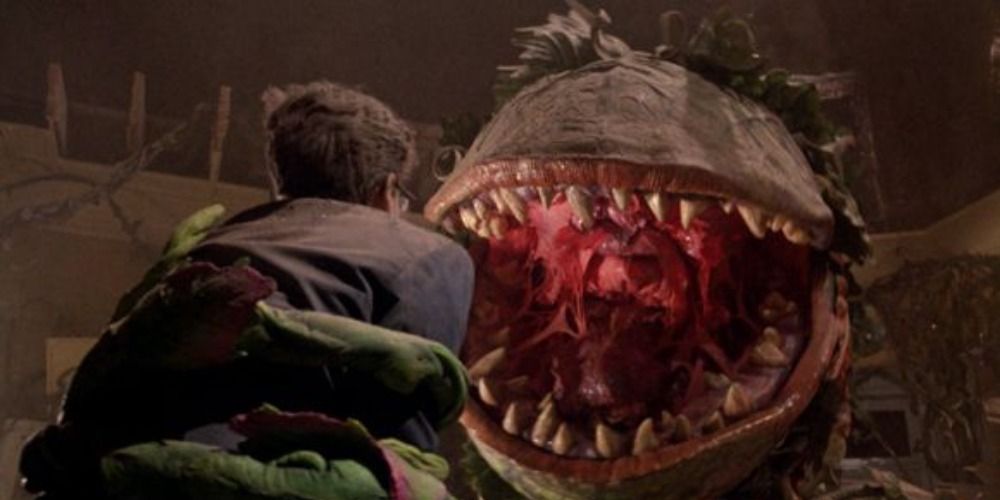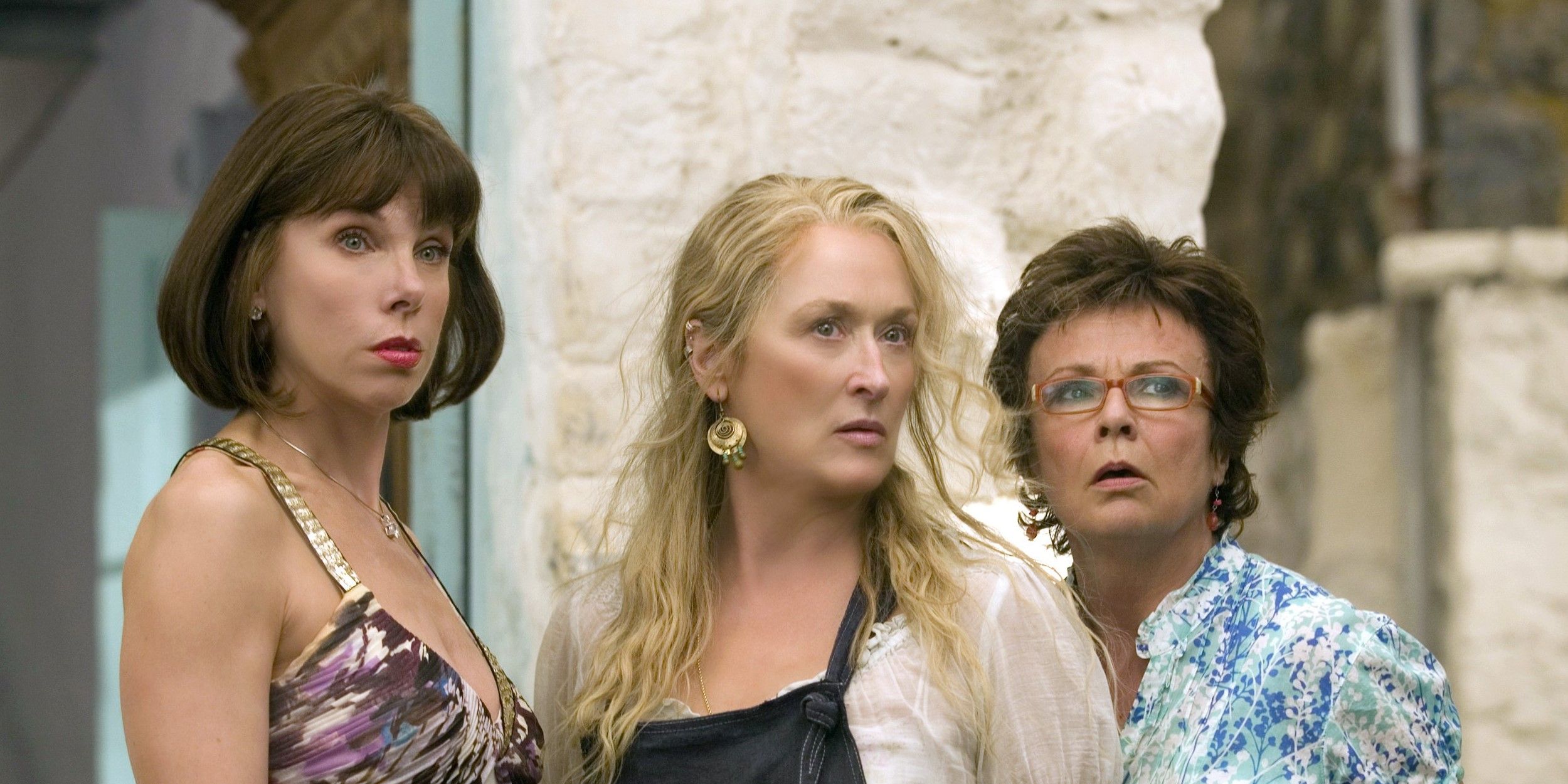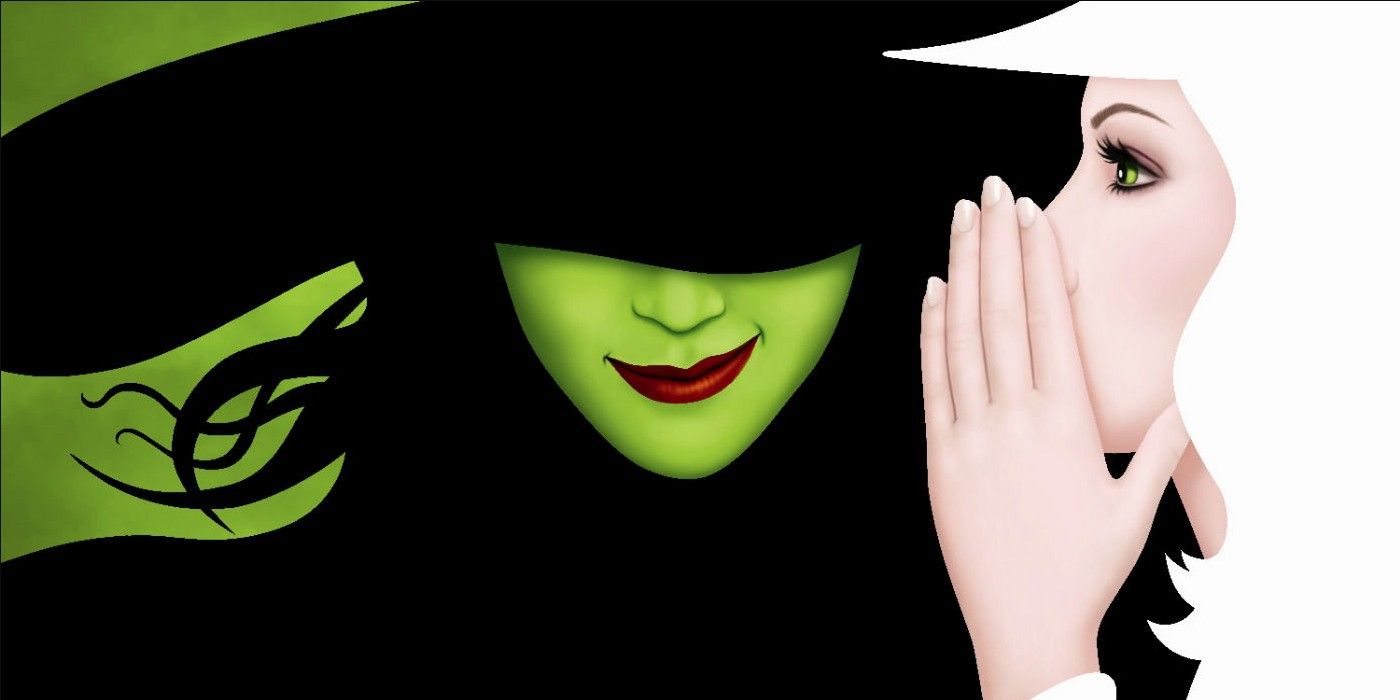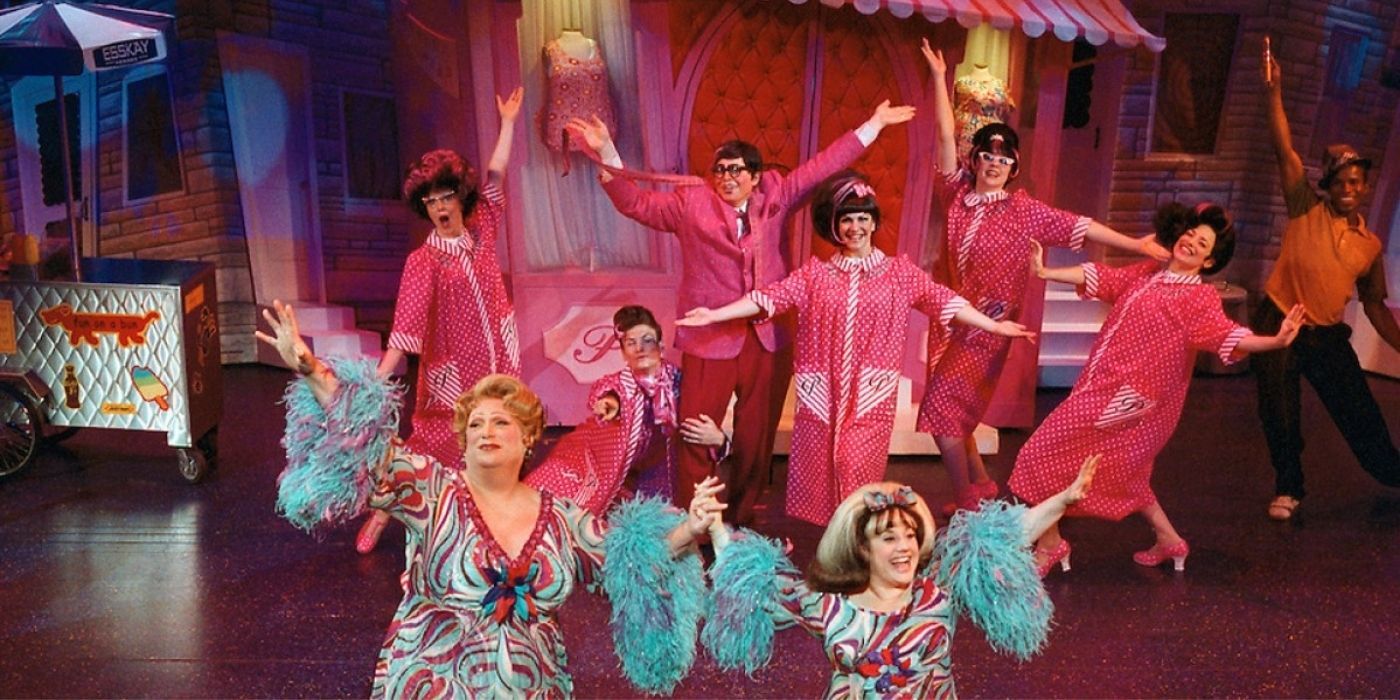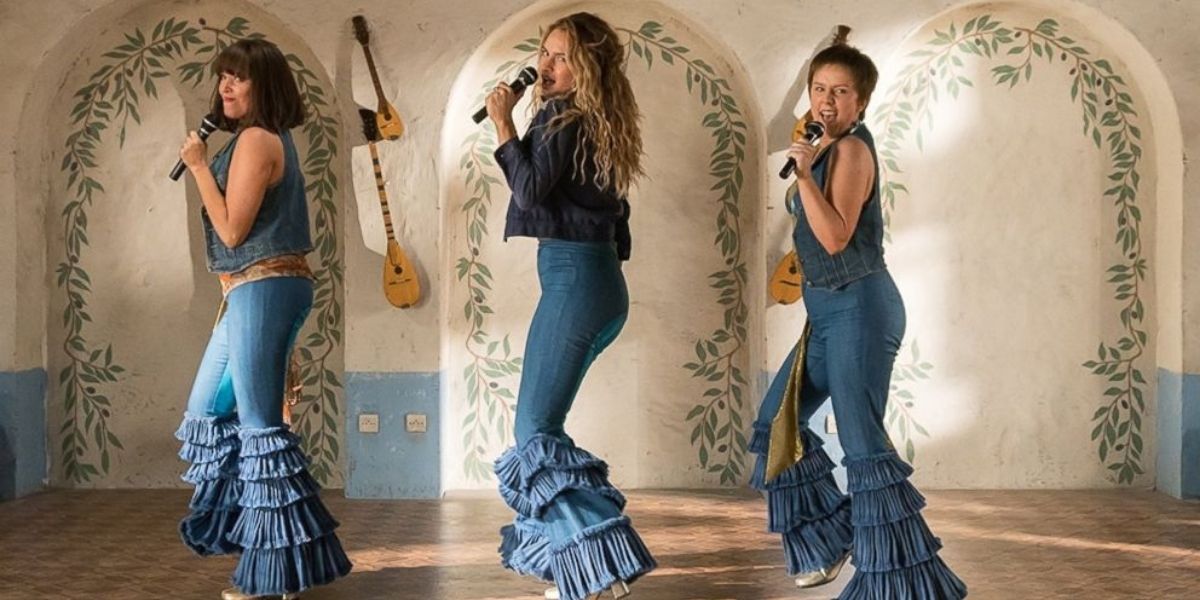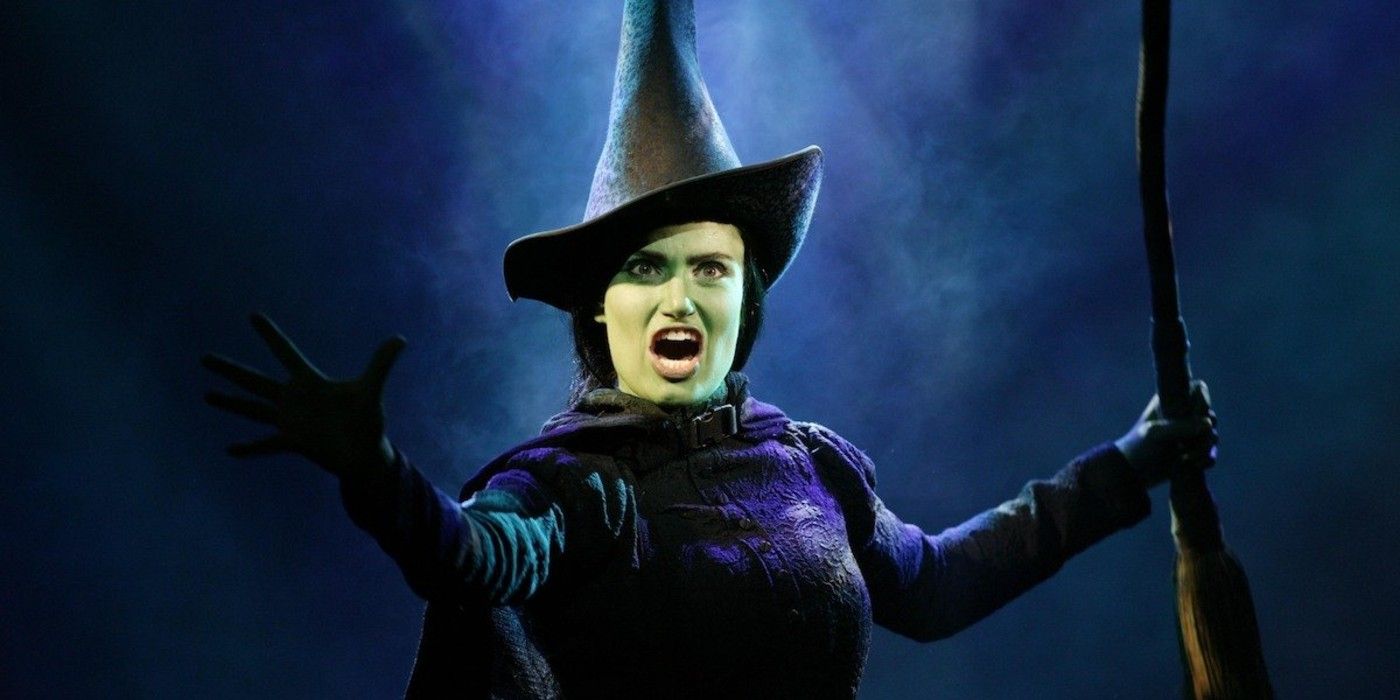Jon M. Chu is taking on the difficult challenge of bringing the beloved Wicked to the big screen, based on the novel by Gregory Maguire and inspired by The Wizard Of Oz. As one of the most anticipated adaptations of all time, fans are sure to scrutinize every detail of the production.
With Chu gaining recent experience on the critically acclaimed In The Heights, he is certainly no stranger to the format. Indeed, as a director who clearly studies the genre that he is working within, there's so much more that can be learned from other musical adaptations. What big screen lessons do the cast and crew need to take on board when attempting to portray Wicked for a new and returning audience?
It's A Good Idea To Cast Unknowns
Plenty of musicals have cast relatively unknown actors in their lead roles over the years, launching new stars on the big screen. Of course, both Broadway and the West End are constantly trying to create new talent and the cinematic genre has tried to follow suit.
Some of the best musicals of all time had lesser-known actors in the lead. Indeed, In The Heights starred Melissa Barrera in a leading role bringing her to a new audience (for those who had not previously watched Vida). Casting famous faces in Wicked might actually be a little distracting and take away from the characters themselves. This is a musical known for launching stars, after all.
Honoring The Source Material
Considering the musical is actually based on a book it's important to look back at the source material and understand how the Broadway production emerged from this initial work. Of course, in this case, the production itself also acts as source material for the adaptation.
Other cinematic adaptations have managed to balance these two sources of inspiration to great success. Les Misérables for instance may be based on a Victor Hugo novel, but it's also trying to directly portray the stage version of the story. Wicked will have to attempt the same process.
Making Key Changes Where Needed
Jon M. Chu knows from In The Heights that sometimes changes have to be made in order to adapt a musical to the screen. Something like School Of Rock actually had to reverse the process, shifting songs or narrative beats so that the hit would work on the stage.
It's a difficult lesson to learn, having to honor what fans are familiar with while also making sure that the necessary decisions are made for a completely different medium. There's a lot of differences between how a story can be told live in comparison to a feature film and the team should certainly be mindful that sometimes sacrifices must be made.
Keep The Broadway Feel
The reason that audiences attend a musical in person in the first place is to get that Broadway feel. While some of the most popular musicals are heading to the big screen, studios will always be asking themselves how they can replicate that live experience.
There's a lot of elements that can go into making a movie feel authentic to that Broadway show. Of course, Hamilton went a different direction and actually filmed a live production. Wicked won't take this path but there are even lessons to be learned there as to how the key moments were brought to audiences in a slightly different way.
Enhancing The Sets
If Wicked isn't going in the Hamilton direction then something as simple as the set design needs to be completely re-thought. There are very few productions as fantastical in nature as Wicked. A lot of work will have to go into allowing these locations to feel as grand and magical as they could do.
The stage is very limiting creatively. Something like The Little Shop Of Horrors can act as a great study as it was brought to life through movie magic, but Wicked is on a scale unlike anything else. Oz itself has of course been portrayed before though, so the team could even take elements from The Wizard Of Oz.
Taking Note Of The Pacing
A musical on the stage is paced completely differently from a film. Usually, the run time is a lot longer and often the production allows the audiences to take a break at the intermission. Perhaps Wicked could use the novel concept in cinemas.
Ultimately though, pacing comes down to making sure the songs are hitting audiences at the right time and the scenes included each has a real purpose. Perhaps surprisingly, Mamma Mia! is a good film to look at in regards to streamlining the story, potentially cutting songs, and simplifying the supporting characters in order to pace the overall structure better.
Leaving The Score Alone
A lot of work goes into a musical score and it can really elevate the piece. It would be easy for a producer or director to come on to a project and hire a new composer to rework what's already been done. If that happened with Wicked, it could likely ruin the spirit of the musical itself.
There's a lot of thematic notions and emotions within that Broadway score that shouldn't go overlooked. Plenty of movie musicals have tried to honor the original score as best as they can, with some becoming far more successful than others. A movie like Les Misérables essentially couldn't make many changes, barely cutting songs or scores.
Costumes Can Actually Be More Subtle
Costuming is an important aspect of stage production with the choices being made having to resonate with a whole theater full of people. On the screen, costumes can be more subtle, as the camera is going to capture all of those little details that wouldn't matter live.
Wicked's costuming is already stunning but there are changes that can be made to allow them to really pop in terms of cinematography. Hairspray is a good example of shifting the costumes to reflect the vibrancy of the original while also being historically accurate to the era and appropriate for each scene. Wicked can learn a great deal from the designs.
Don't Franchise It
Wicked is a standalone tale that plays into The Wizard Of Oz. It's a beautiful accompanying piece that has a satisfying beginning, middle, and end. Studios have a habit of trying to franchise and sequel projects where one is really enough. Hopefully Wicked doesn't go down that path.
There's a lot of great examples of musical adaptation that have stayed true to the original format. Mamma Mia! Here We Go Again is a rare exception to the rule demonstrating that it can be done in a successful way; it's still something to be wary of though.
Original Cast Cameos
In The Heights provides a great few examples of this but it's always fun for the audience to get to see some of the original cast members in cameo or supporting roles. While the parts might have changed significantly since they played them, it's great to have a contribution from the people who made the characters famous.
It would seem extremely strange to have Wicked on the big screen without an appearance of some kind at the very least from Idina Menzel or Kristin Chenoweth. The fan base would likely be a little offended if these legends of the stage weren't given a passing nod to their hard work on Wicked.

